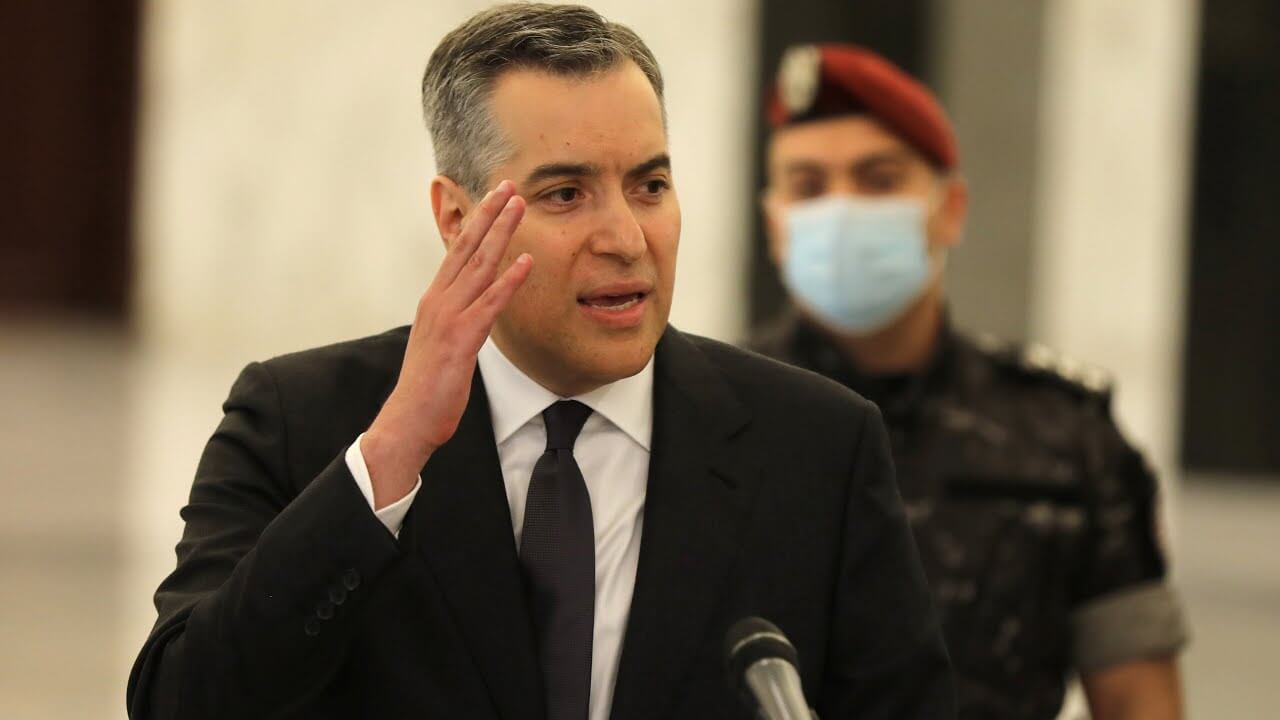On Saturday, Lebanon’s Prime Minister-designate Mustapha Adib stepped down after failing to form a new non-partisan emergency government, landing a heavy blow to French President Emmanuel Macron’s efforts to rally the country’s sectarian leaders in tackling the nation’s worst political and economic crisis since its 15-year civil war.
Leadership in Lebanon has been shaky since the massive blast in Beirut that destroyed the city’s port, killed almost 200 citizens, and injured more than 6,000 people in early August. Officials had linked the cause of the explosion to a warehouse that reportedly stored 2,750 tonnes of the highly reactive chemical ammonium nitrate, which had been confiscated and was being unsafely stored at the port for the past six years. This was the last straw for citizens in the capital, triggering violent protests, with several residents taking to the streets and clashing with the police against leaders’ culpability, negligence, and corruption that led to the blast.
Soon after, Macron visited Lebanon and began an initiative to help the former French colony form a new and reformed government. Following the resignation of Prime Minister Hassan Diab and his government, Adib, a top diplomat and Lebanon’s former ambassador to Germany, was chosen to spearhead the change, but political dissonance and infighting thwarted chances of forming a new Cabinet. Under the French plan, the new administration was to take steps to implement reforms aimed at tackling corruption and triggering billions in international aid, which the country needs to fix its debt-ridden economy. At the time of France’s intervention in Beirut’s political process, Macron had told POLITICO that the move was a “risky bet” that could risk his “political capital.”
One of Macron’s aides said that Adib’s resignation represents “a collective betrayal by Lebanese parties,” adding that it is in Beirut’s best interests to swiftly install a government that is capable of handling the international aid. However, despite the setback, the official said that Paris was not ready to give up on Beirut just yet.
On Sunday, Macron blasted the Iran-backed Shia paramilitary group Hezbollah for sabotaging the France-led effort by Adib, a Sunni Muslim. Along with the Amal movement, which is the largest Shia party, Hezbollah members of parliament had been seeking to control the finance ministry under the proposed reforms, leading to concerns that Iran would have proxy powers at the helm of a crucial ministry in Beirut. Calling upon Lebanon’s sectarian political class to reattempt the process over the next six weeks, Macron said, “I am ashamed of your political leaders... We are entering a new phase where the risks are higher for Lebanon and the wider region.” He warned of the dangers of “another government of profiteers” and the risks of “civil war”, insinuating that unless a reformist government was put in place, countries like France will not aid Beirut in reconstructing its economy or its destroyed capital.
Apologizing to the Lebanese people, Adib said that the nation no longer has a “political consensus on forming a government”. However, after meeting with President Michel Aoun, he stressed that “this initiative must continue,” wishing success to his unnamed successor in the “hard task” of government formation.
Lebanon PM-Designate Fails to Form New Govt, Macron Accuses Leaders of ‘Betrayal’
The failure of Beirut’s sectarian political class to reach a consensus has deepened the country’s economic crisis and derailed French efforts at garnering international aid to fix the problem.
September 28, 2020

Former Prime Minister-designate Mustapha Adib. SOURCE: CGTN
